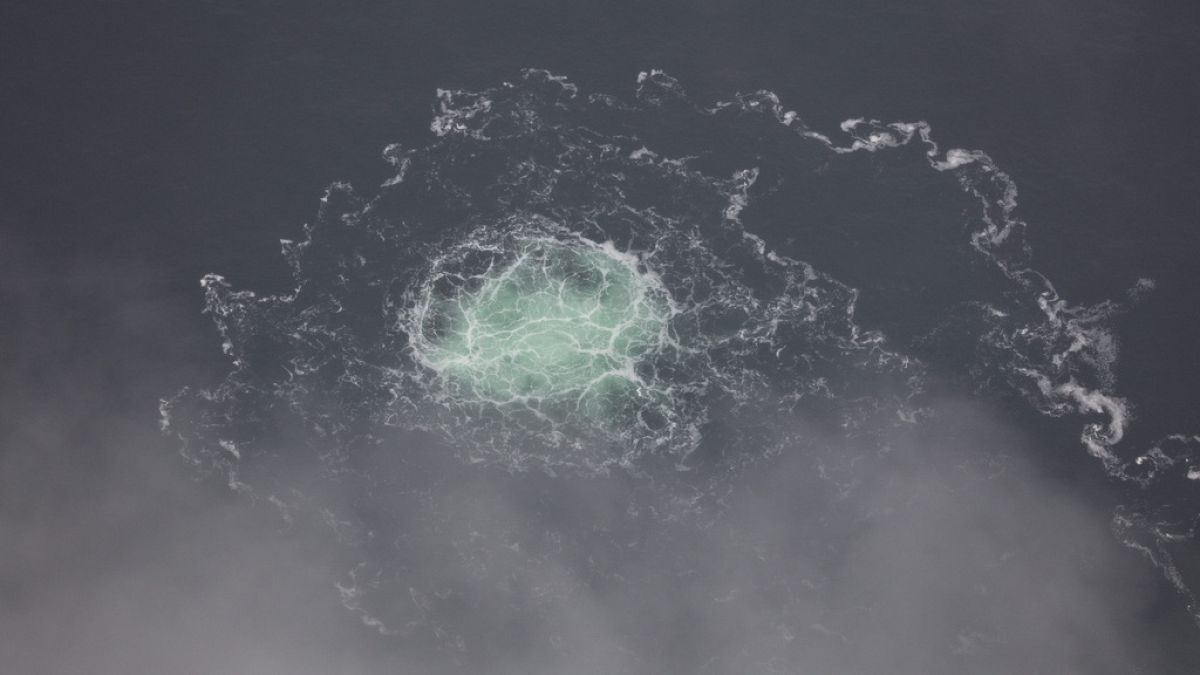Mystery still surrounds who was behind the blast, which knocked out a vital gas pipeline between Russia and Europe.
Traces of explosives have been found in samples taken from a yacht in a probe into last year's sabotage of the Nord Stream gas pipelines, according to European diplomats.
German investigators looking into the September 26 attack said “traces of subsea explosives were found in the samples taken from the boat" on Tuesday.
The Danish Foreign Ministry tweeted a letter that day from Germany, Sweden and Denmark's UN ambassadors to the president of the UN Security Council with information on their activities so far.
A section of the letter detailing Germany's findings said the sailing yacht's precise course hasn't yet been definitively established.
The investigation also hasn't established who the perpetrators were and whether a state was involved yet.
Officials voiced caution in March over media reports that a pro-Ukraine group was involved in the sabotage.
German media reported then that five men and a woman used a yacht hired by a Ukrainian-owned company in Poland to carry out the attack, which set off from the German port of Rostock.
German federal prosecutors declined to directly comment on this allegation. But they did confirm a boat was searched in January, suspecting it could have been used to transport explosive devices that were used to blow up the pipelines.
“At this point, it is not possible to reliably establish the identity of the perpetrators and their motives, particularly regarding the question of whether the incident was steered by a state or state actor,” the letter said.
Undersea explosions ruptured the Nord Stream 1 pipeline, which until Russia cut off supplies at the end of August, was the main supply route for Germany.
The suspected sabotage also damaged the Nord Stream 2 pipeline, which never entered service as Germany suspended its certification process shortly before Russia invaded Ukraine in February 2022.
The EU initially called the act "deliberate", accusing Moscow of manipulating gas supplied in retaliation for Western sanctions.
"Any deliberate disruption of active European energy infrastructure is unacceptable [and] will lead to the strongest possible response," European Commission President Ursula von der Leyen in the aftermath of the blast.
The pipelines were long a target of criticism by the United States and some of its allies, who warned they posed a risk to Europe’s energy security by increasing dependence on Russian gas.
President Vladimir Putin and Russian officials have accused the US of staging the pipeline explosions, which they have described as a terror attack.
Ukraine has rejected suggestions that it might have ordered the attack.
The countries investigating the explosions haven't commented on who might have been responsible.
“All information to clarify the matter will be pursued during the continuing investigations," the joint letter said.
